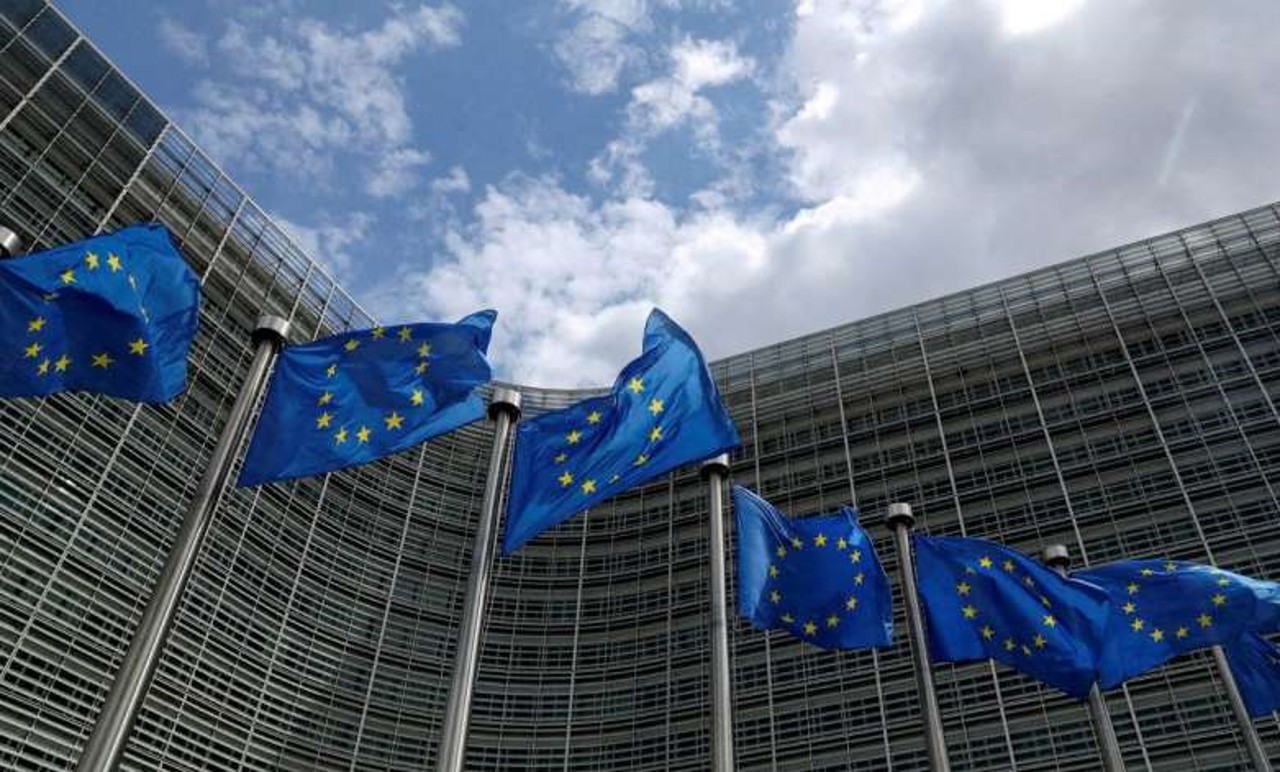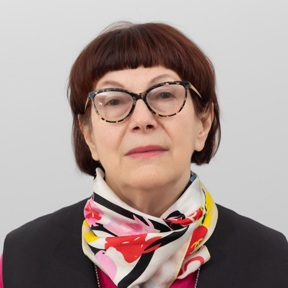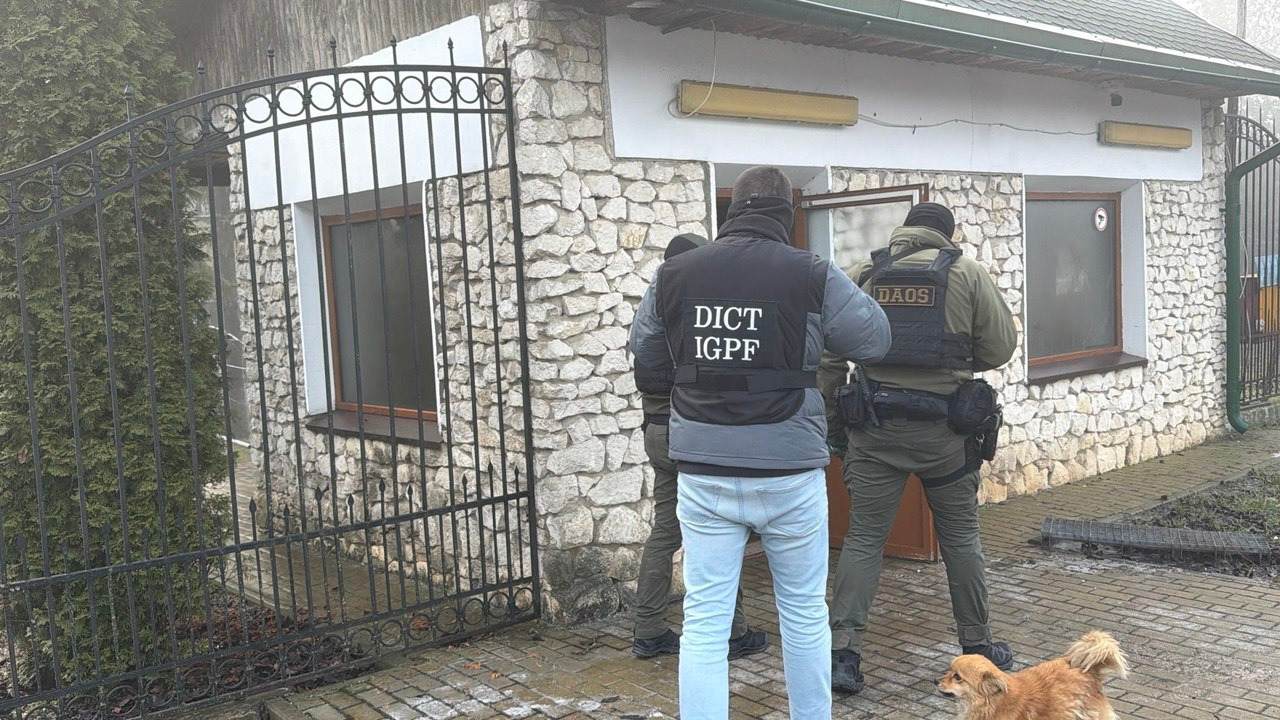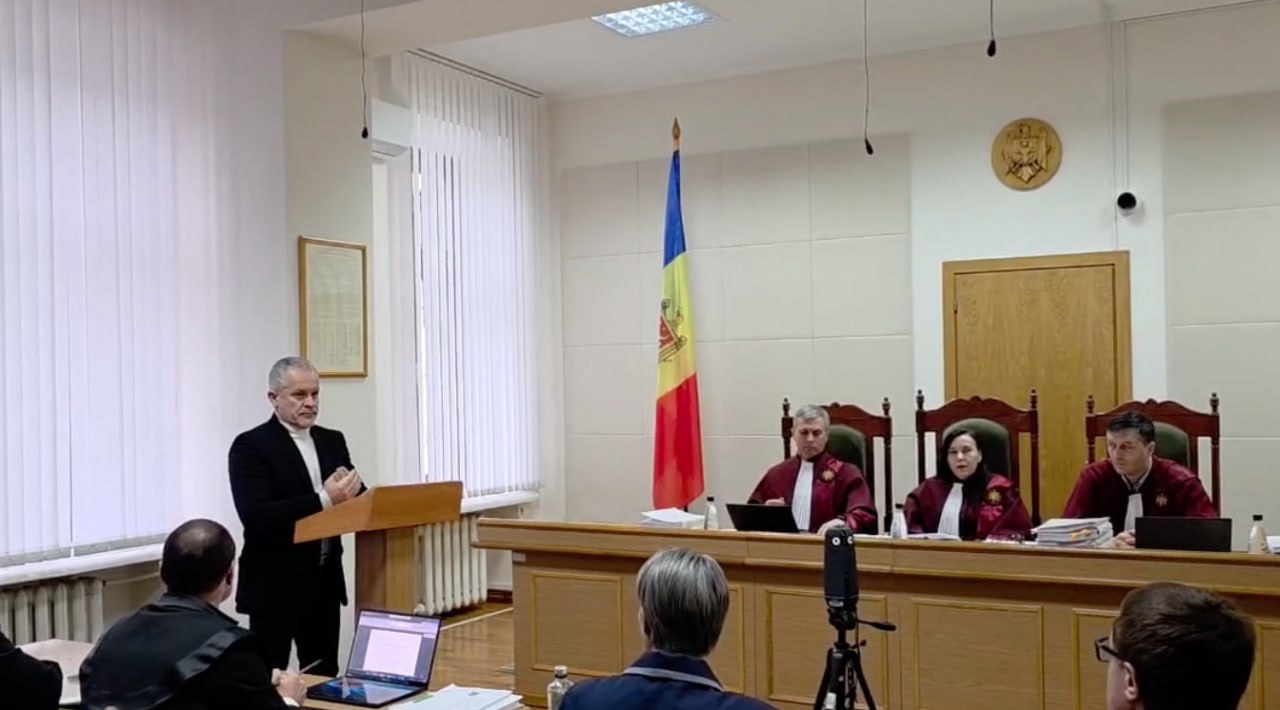EU countries agree on sanctions package to target Russia’s helpers
EU ambassadors Wednesday agreed on an 11th sanctions package against Russia, the Swedish Presidency of the Council of the EU said, making it possible for the first time to punish third countries that help Moscow evade trade restrictions, POLITICO reports.

After adopting 10 sanctions packages following Russia’s full-scale invasion of Ukraine in February of last year, the EU has now designed a new mechanism: If third countries, for example in Central Asia, fail to comply with Western sanctions or can’t explain a sudden rise in trade in banned goods, they could face EU punishment.
EU countries have been wrangling over the package since mid-May and the row had threatened to overshadow a leaders' summit next week. Several countries, including heavy-hitter Germany, had fretted that such a mechanism would hurt diplomatic relations, and even drive countries into the arms of Russia and China.
One of the documents shared with the diplomats ahead of the meeting, and seen by POLITICO, was an additional draft statement that sets out the procedure for sanctioning third countries.
The statement emphasizes the need to monitor implementation and help third countries remedy a situation in which the measures might be circumvented. “These steps may include diplomatic outreach, strengthening bilateral and multilateral cooperation, and targeted technical assistance to the third country in question,” the statement reads.
Another bone of contention was Ukraine's list of private companies it calls "war sponsors,” which includes a number of European companies. This led to protests from Greece and Hungary.
The latest sanctions proposal, seen by POLITICO and shared with EU countries ahead of their meeting on Wednesday, does not contain major changes to the previous version.
European Commission President Ursula von der Leyen welcomed the political agreement, saying that the package will "deal a further blow to Putin’s war machine with tightened export restrictions, targeting entities supporting the Kremlin."






